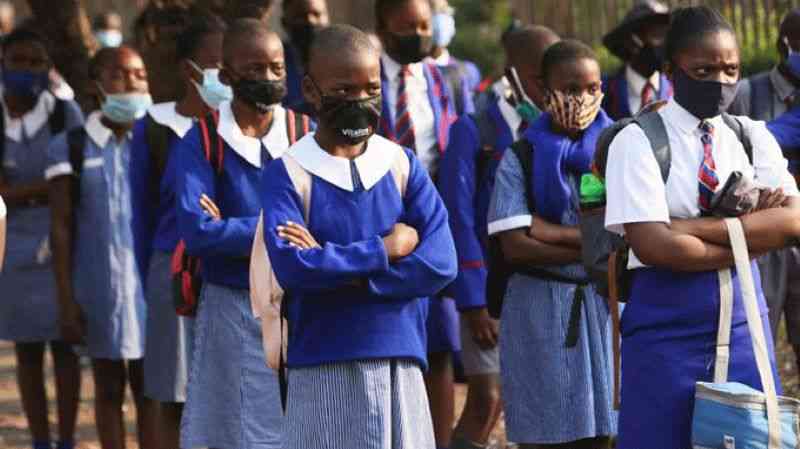
About 19 million girls are missing school in Africa as the continent loses US$29 billion in education funding through tax abuse, a latest report Tax and Education (TaxEd) Alliance has revealed.
"Despite the significant drop in the number of out of school children and advancement towards gender parity, our research finds that approximately 38 904 483 children are out of school in Africa, with an estimated 18 846 517 of these being girls," TaxED Alliance said.
It said school completion and progression rates are lower for girls, particularly from poorer communities and rural areas, and the quality of education and learning left a lot to be desired.
“School costs still represent an insurmountable barrier that denies millions of children their right to education,” the report read.
The organisation noted that this is against the background of a loss of US$29 billion annually in education finance caused by aggressive tax avoidance by wealthy companies and individuals.
"It also presents an opportunity to advance the goals of the Continental Education Strategy for Africa 2016-25. While the region has made commendable progress in getting learners into school and addressing inequality in education, significant disparities persist, exacerbated by the COVID-19 pandemic," the report read.
The report revealed that the main drivers of education disparities in Africa are still gender, disabilities, household income, parental education, location, ethnicity, and migrant and refugee status.
It also indicated that girls, who experience multiple and intersecting forms of discrimination because of their class, social origin, sexual orientation, gender identity, disability, or migrant status, among other dimensions may face unique challenges and require additional interventions, protection and support to enjoy their right to education.
- Young entrepreneur dreams big
- Chibuku NeShamwari holds onto ethos of culture
- LSU students win innovation prize
- Mhofela finally drops album
Keep Reading
Meanwhile, ActionAid Zimbabwe has said the Transforming Education Financing in Africa: A Strategic Agenda for the African Union Year of Education briefing reveals that sealing loopholes used for tax abuse, and ensuring fair, gender-responsive, taxation can raise an additional US$146 billion in Africa every year.
Indications are that an allocation of 20% (US$29,2 billion) of these additional funds to the education sector would be sufficient to cover costs for 25 million primary schoolchildren.
ActionAid Zimbabwe country director Joy Mabenge said: "It is appalling that there are over 18 million girls missing school in Africa due to inadequate investment in the education sector when appropriate action by our governments to address gaps in taxation, debt and austerity measures offers an opportunity to address this challenge.”
TaxEd Alliance co-ordinator Ashina Mtsumi said women and girls bore the brunt of austerity measures and debt in Africa.
“Evidence suggests that austerity measures often have a disproportionately negative impact on girls' access to education, hindering their individual development and limiting their future opportunities.”
Education International Africa director Dennis Sinyolo said African governments should take immediate policy, legislative and financing measures to end teacher shortage.
"We call on AU member States to ensure that every African child is taught by qualified, supported and motivated teachers with decent salaries and working conditions," Sinyolo said.
According to the report, 44 million additional primary and secondary teachers are needed globally to meet Sustainable Development Goal 4, and the largest need is in Africa.
It indicated that to achieve universal primary and secondary education by 2030, Africa needs to recruit and effectively train 17 million teachers, ensuring decent working conditions and salaries.









